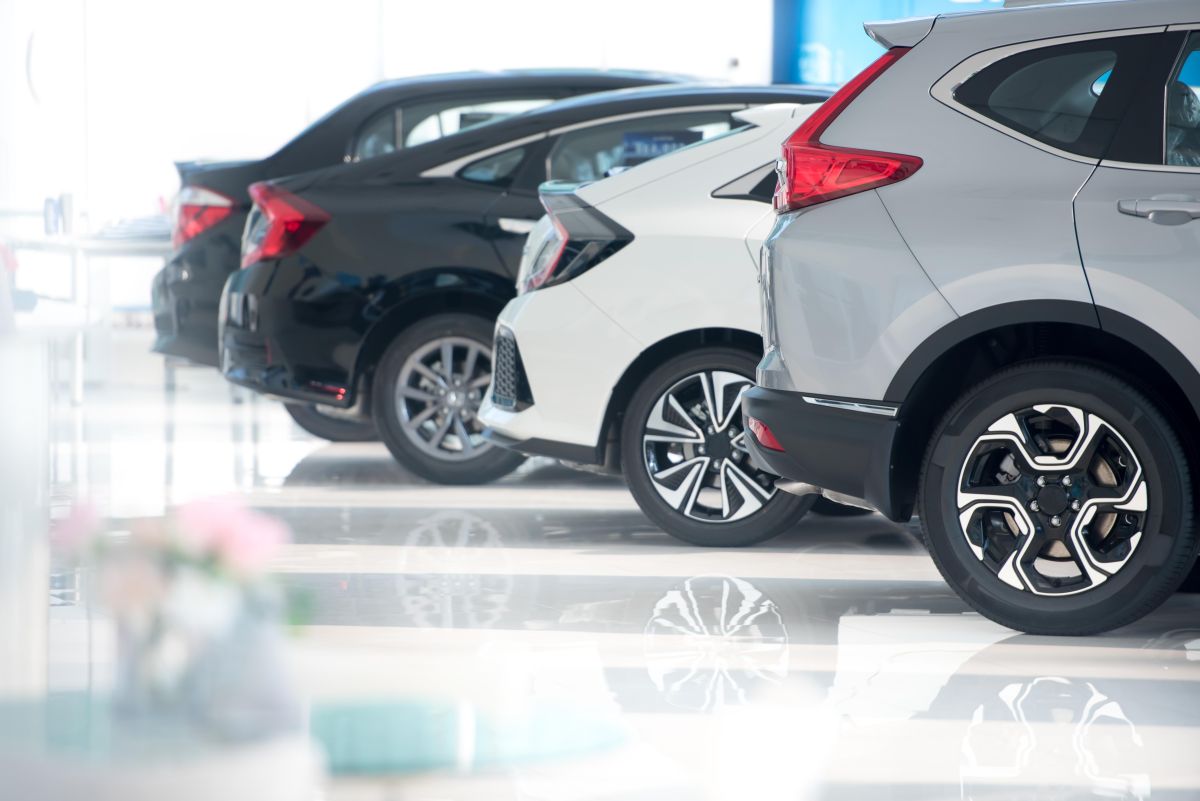U.S. automotive brand loyalty is rebounding, reaching 52.6% in 2024, a 1.8% increase from the previous year and nearing the pre-pandemic benchmark of 54.2% observed in 2019.
“While affordability remains a headwind for many consumers seeking new or used vehicles, the industry's upward trend in brand loyalty is a positive signal of brand strength,” said Dave Nemtuda, AVP of Connected Car at LexisNexis Risk Solutions, which reported the findings of its annual automotive loyalty study.
The study revealed that of the 47 brands analyzed, 11 surpassed the industry average in brand loyalty, up from nine brands in 2023. Increased vehicle inventory, which provides consumers with a broader range of options, contributed to this improvement, according to Nemtuda. This marked a stark contrast to the supply chain challenges of recent years that often forced consumers to switch brands.
Shift Away from Internal Combustion Engines
As consumer preferences evolve, loyalty to internal combustion engine (ICE) vehicles has steadily declined. In 2019, ICE vehicles accounted for 97.6% of consumer loyalty, but this number has dropped to 85.2% in 2024, reflecting a shift toward more sustainable options.
Meanwhile, hybrid vehicles are gaining traction, with loyalty jumping 5 percentage points to 52% in 2024 compared to 2023. However, EV loyalty saw a slight dip, falling from 77.7% in 2023 to 74.7% in 2024, pointing to some consumer hesitancy in fully committing to electric powertrains.
Industry Implications
These findings provide valuable insights for automakers (OEMs) navigating a rapidly changing market. As more consumers explore hybrid and EV options, automakers face the dual challenge of meeting shifting demands while maintaining competitive pricing.
“Increased inventory on dealer lots is providing consumers with a wider range of options, which is a significant shift from the challenges they faced in 2023,” Nemtuda added. “This is especially critical as automakers navigate rising inventories and evolving consumer preferences, particularly toward EV and hybrid powertrains in the post-pandemic market.”
LexisNexis Risk Solutions’ report demonstrates how changing fuel type preferences and brand loyalty trends are reshaping the automotive industry. For automakers, understanding and adapting to these shifts will be essential in fostering long-term consumer relationships and sustaining brand strength.













